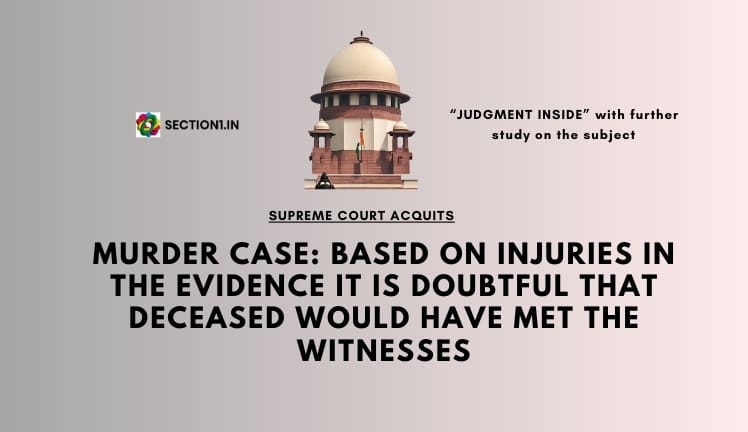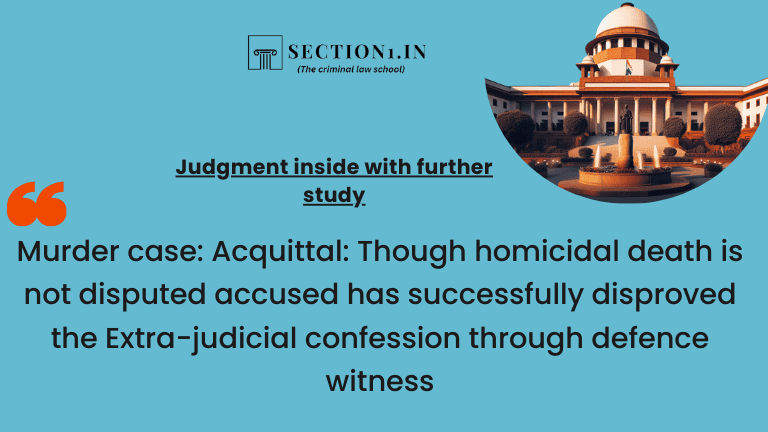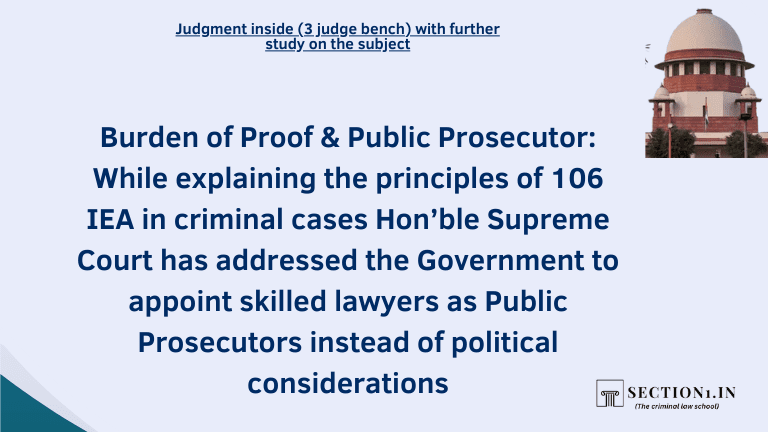1. JUDGMENT …Respondents This appeal by special leave challenges the judgment and order dated 29.08.2017 passed by the High Court of Orissa at Cuttack in Criminal Appeal No.50 of 1999.
2. In the present case, crime was registered at 9.00 pm on 15.11.1995 vide FIR No.93 with Rayagada P.S. pursuant to reporting by Pradeep Kumar Patra, later examined as PW1. It was submitted that one Kumurika Nabina informed said PW1 Pradeep that his brother Raghumani was attacked and was lying by the side of a road. Said PW1 Pradeep immediately rushed to the place and found cut marks on various parts of the body of said Raghumani who was lying in a pool of blood. It was further stated that when questioned about the attack, Raghumani replied that persons named Natabar Guru, Trinath Guru, Gupteswar Behera, Chandeswar Behera, Malikeswar Behera attacked him with sticks, axe and a large knife. According to the report, while such statement was being made by Raghumani, Trinath Nayak and Mandangi Ramamurty were present.
4. After conducting due investigation, six accused, namely, Rama Rao Patika, Chandeswar Behera, Gupteswar Behera, Malikeswar Behera, Natabara Guru and Trinath Guru were tried for having committed offences punishable under Sections 148, 149 read with Section 302 IPC in Sessions Case No.15 of 1997 in the Court of the Additional Sessions Judge, Rayagada. The prosecution relied upon the evidence of PW1 Pradeep and PW15, the Investigating Officer in support of its case that the deceased Raghumani had named the assailants in his dying declarations. PW1 admitted in his cross examination that the place of occurrence was at a distance of 15 minutes by walk. Apart from this, two other sets of witnesses were also relied on. PWs 4 and 5 were stated to be eye witnesses to the occurrence. Their statements under Section 161 Cr.P.C. were, however, recorded 4 to 5 days after the incident. The second set of witnesses were PWs 2, 8 and 9, who were not eye witnesses but were said to be present when the statement was made by the deceased to PW1 Pradeep.
Appreciation relating to dying declaration
10. In the instant case the eye-witness account was rejected by the High Court and was found unworthy of reliance. We are, thus, left with two sets of evidence, the first concerning dying declarations made by the deceased separately to PWs 1 and 15 and the second set of evidence regarding PWs 2, 8 and 9, who were said to be present when the dying declaration was made by the deceased to PW1.
As per evidence the deceased would have survived only for a short duration after he received the injuries
11. If the number of injuries suffered and their location and extent are considered, the assertions made by both the medical professionals, namely, PWs 13 and 14 that the deceased may not have survived for more than ten minutes after receiving the injuries appear to be quite correct. These assertions have come in their respective cross examinations and no re examination was even sought by the prosecutor. There is, thus, no contrary evidence in that behalf. We, therefore, have to accept that the deceased must have survived only for a short duration after he received the injuries.
It is doubtful whether the deceased had survived till the arrival of the witness
12. If we analyse the evidence, PW 1 received the intimation that his brother was lying in a pool of blood whereafter he rushed to the place of occurrence. The place of occurrence was admittedly at a distance of 15 minutes by walk. This means the time was taken twice over. The person who had not seen the assault but informed PW1, had to cover the distance first and thereafter PW1 reached the place of occurrence. The Investigating Officer, namely, PW 15 arrived at the scene of occurrence even later. It would, therefore, be extremely doubtful whether the deceased had survived long enough for PWs 1 and 15 to arrive at the scene of occurrence and then make separate statements to these witnesses.
13. The appellant is, therefore, entitled to the benefit of doubt. In the circumstances, this appeal is allowed. The judgments and orders passed by the Sessions Court and the High Court are set aside and the appellant is acquitted of all the charges levelled against him. He be set at liberty unless his custody is required in connection with any other case
Party
Gupteswar Behera Vs. State of Odisha & Anr – Crl. Appeal No.1586 of 2018 – December 14, 2018
https://main.sci.gov.in/supremecourt/2018/488/488_2018_Judgement_14-Dec-2018.pdf
Gupteswar Behera vs. State of Odhisha – 488_2018_Judgement_14-Dec-2018
Further study on the subject
Omission to state oral dying declaration in section 161 Cr.P.C statement – value of.
Dying Declaration – No stereotypical approach can be adopted by courts
Appreciation of evidence of dying declaration – explained
Whether dying declaration can be treated as statement or confession if maker survives?
Article – The nitty gritty views of the dying declaration
Appreciation of dying declaration and recovery from open place (section 32 & 27 Evidence Act)
Dying declaration cannot be believed if it is in impeachable quality
Wife poured kerosene and the husband taking undue advantage lighted with matchstick. Hence murder.
Dying declaration: Disbelieving the dying declaration recorded (appreciation)






